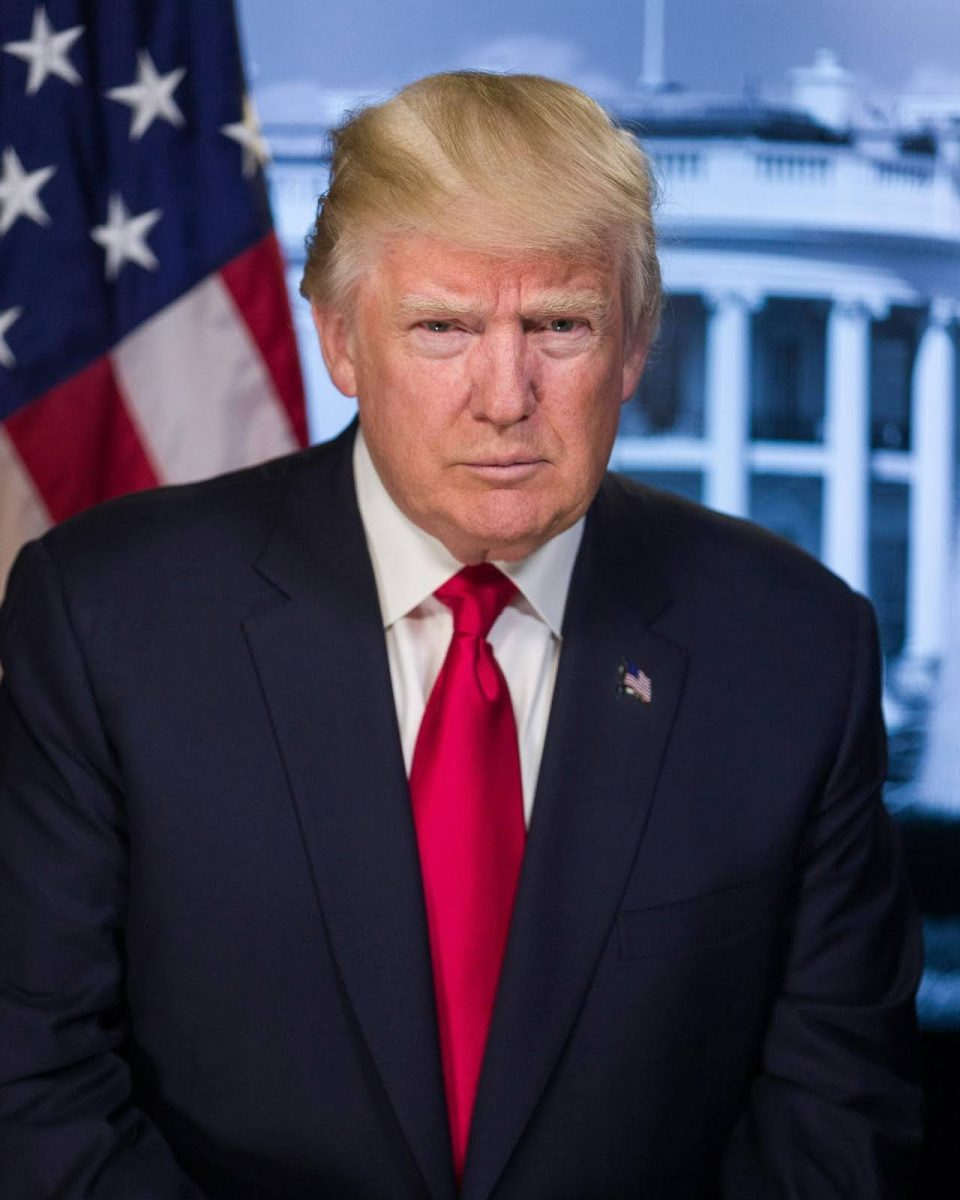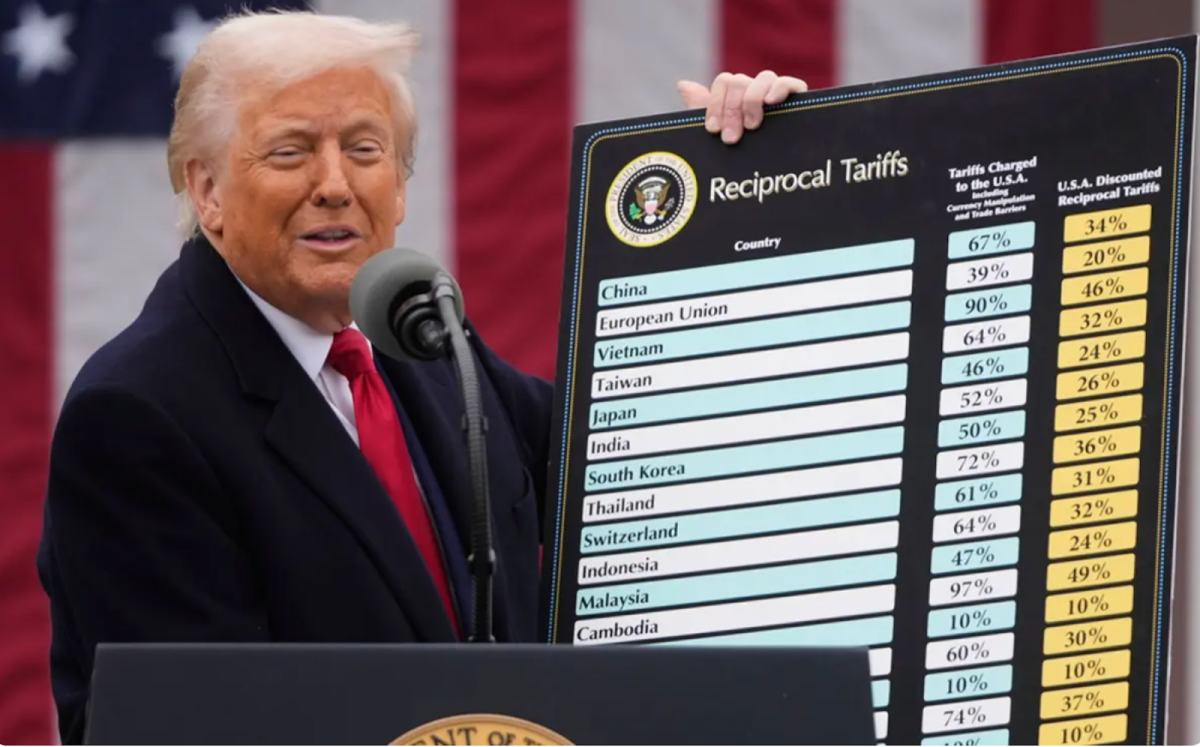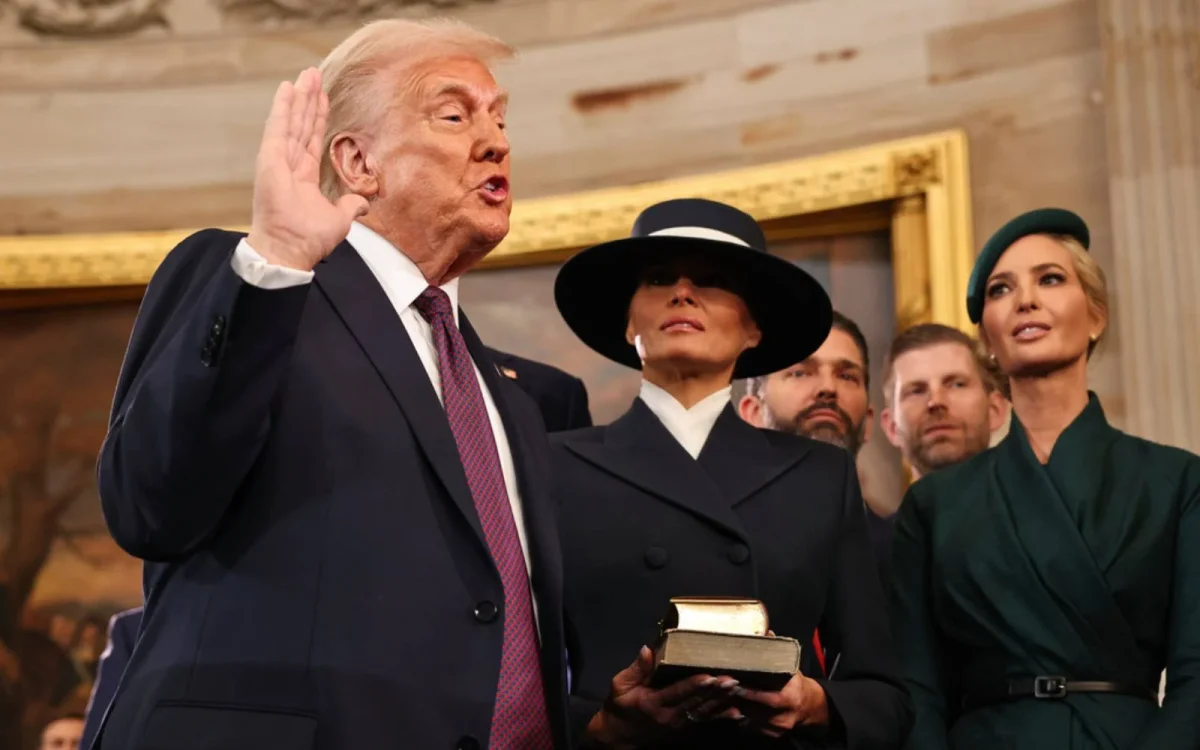The Trump administration’s approach to education policies is concerning because it attacks public education, equity, and access to essential resources, such as funding, quality teachers, inclusive curricula, and support services for marginalized students. As someone deeply passionate about the importance of education, especially special education, finding out that there was the slightest chance that the Department of Education might be dismantled was deeply unsettling. The proposal to eliminate this department was not just about changing how we fund schools; it was about the very structure of our education system.
This structural change would shift significant authority from the federal level to state and local governments, potentially reducing federal oversight in critical areas such as civil rights protections, funding for special education programs, and enforcement of equity measures. What would happen to students who need additional support? Would they be abandoned in a system focused on cost-cutting rather than their success? During the Trump administration, several education programs and initiatives were targeted for cuts, raising concerns about the potential long-term impact on student success.
One significant proposal involved eliminating Title II funding, critical in teacher training and recruitment, particularly in high-need areas such as special education, STEM, and low-income schools. Title II also supports professional development and efforts to reduce class sizes. Without this funding, schools in under-resourced communities would face more significant challenges in hiring and retaining qualified teachers, leading to larger class sizes, less personalized instruction, and decreased overall educational quality for students already at a disadvantage.
Another area affected by proposed cuts was funding for students with disabilities. Despite the legal requirements of the Individuals with Disabilities Education Act (IDEA), the Trump administration suggested reducing grants that provide essential services such as speech therapy, occupational therapy, and classroom aides. These services ensure that students with disabilities can learn in inclusive environments and access the accommodations they need to succeed. A system driven primarily by cost-cutting rather than student outcomes could undermine these supports, leaving many vulnerable students without the resources necessary for equitable educational opportunities.
Such budget reductions could have far-reaching consequences. By deprioritizing investments in teacher quality and special education, these proposed cuts risk widening existing educational disparities and increasing the achievement gap. Students from marginalized backgrounds, including low-income students, students of color, and those with disabilities, would be disproportionately impacted, as the programs designed to level the playing field would be weakened or abandoned altogether. This shift in focus from student success to financial savings underscores the concerns many educators, parents, and advocates raised during this period about the future of public education and equity.”
Education is more than just a way to pass on knowledge; it’s the backbone of our society, offering opportunities for all, no matter their background. Weakening or eliminating the Department of Education feels like a step toward creating an even deeper divide between privileged and underprivileged students.
If education funding is left solely in the hands of state governments, the gap between wealthy and low-income districts will only grow wider. Many students depend on federal programs to access quality education, such as Title I funding for low-income schools or the Individuals with Disabilities Education Act (IDEA), which ensures that students with disabilities receive necessary services. Without federal oversight, these protections could be weakened, leaving countless students to struggle without the support they need to thrive.
Beyond K-12 education, I worry about the impact on college students. Federal financial aid, such as Pell Grants and student loans, is essential for millions of students who rely on it to afford higher education. The potential dismantling of the Department of Education would mean significant changes to FAFSA and financial aid availability, making college unattainable for many students. Education should be an equal opportunity, not a privilege reserved for wealthy elites who can afford it.
The push to revise curriculum standards, especially in history and social studies, also caught my attention. There’s a growing push to sanitize history, avoiding uncomfortable truths about racism, inequality, and oppression. Education should encourage students to think critically and analyze complex issues, not force a narrow narrative that ignores our history’s hard truths.
All of this feels like a step backward. Instead of focusing on modernizing schools, improving teacher training, and expanding resources for students with disabilities, the Trump administration seems to be undermining the very foundation of education. The focus on deregulation and privatization benefits corporations and wealthy individuals, rather than the students and educators who need support the most.
As someone who believes in the transformative power of education, I can’t accept a future where access to learning is restricted to a privileged few. No matter their background, income, or ability, every student deserves access to quality education. Moving forward, the people must push for policies that strengthen and support education, ensuring that we build a future that is inclusive and full of opportunity rather than one that holds us back.


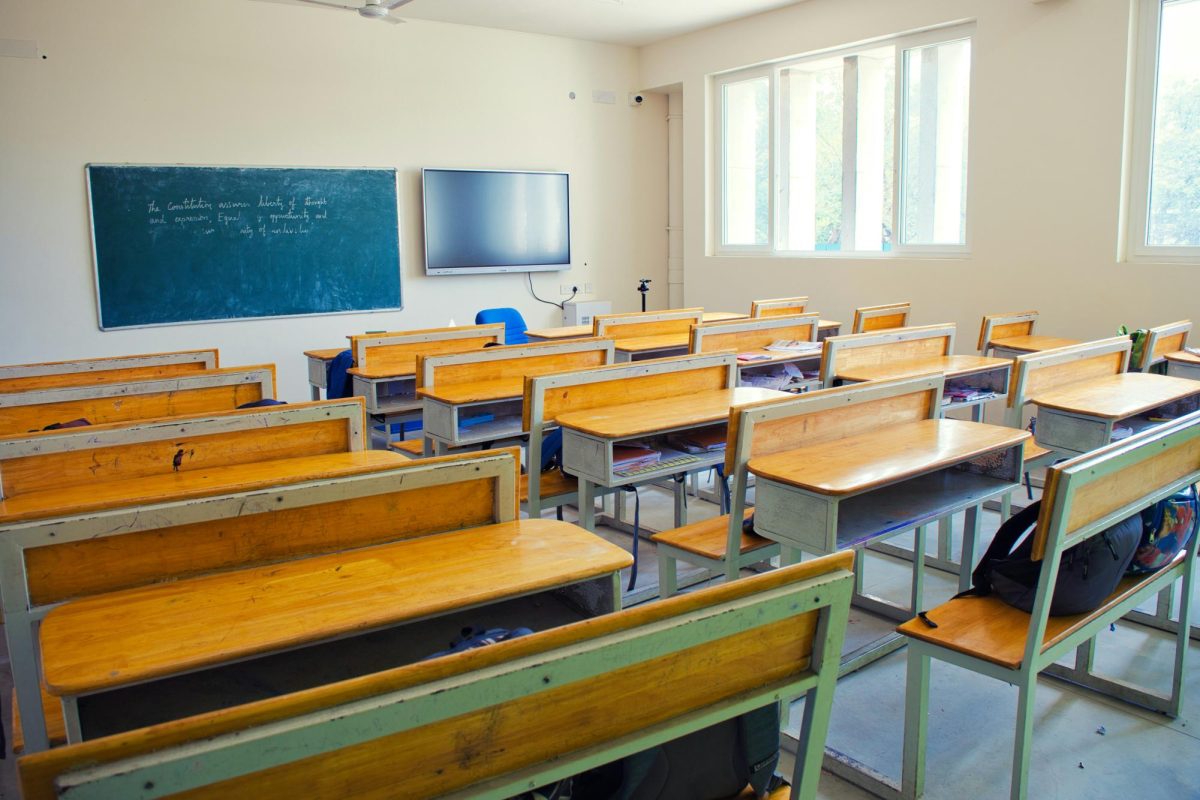
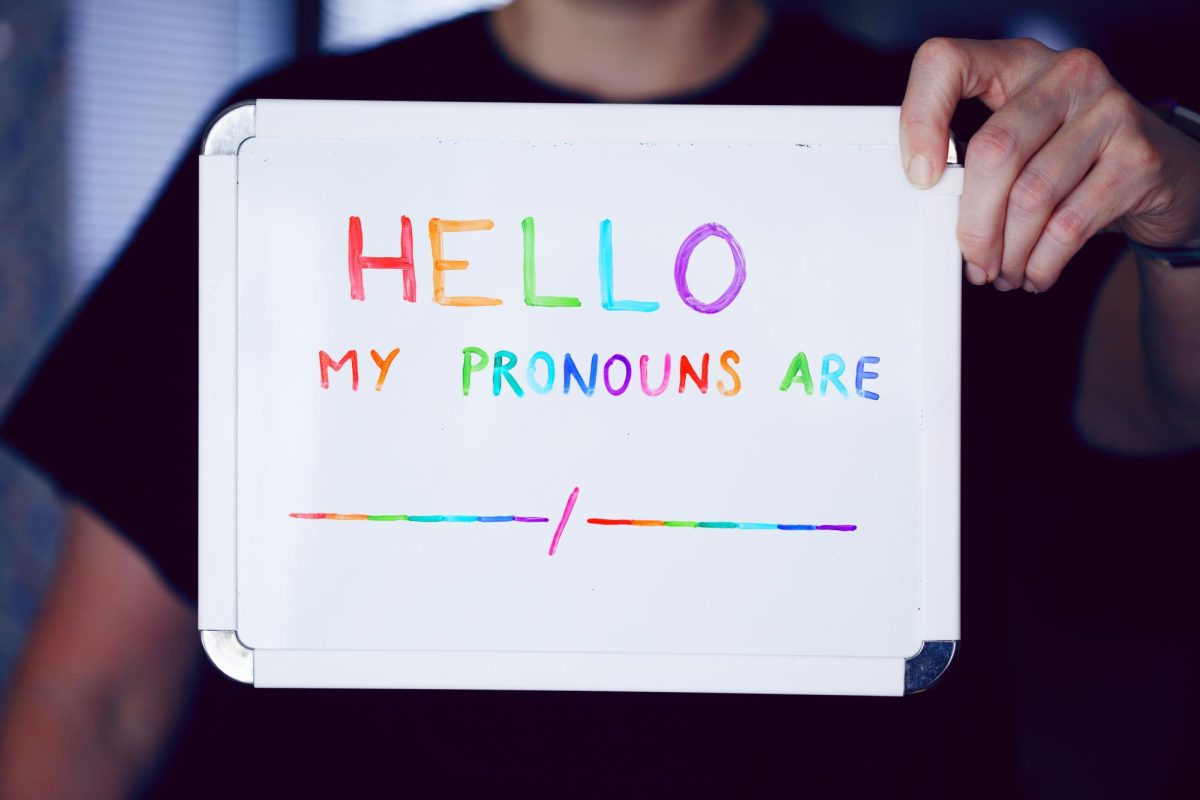







![The Downfall of Taylor Swift: AI, ‘The Life [and Demise] of a Showgirl’](https://comenian.org/wp-content/uploads/2025/10/unnamed-6-1.jpg)




